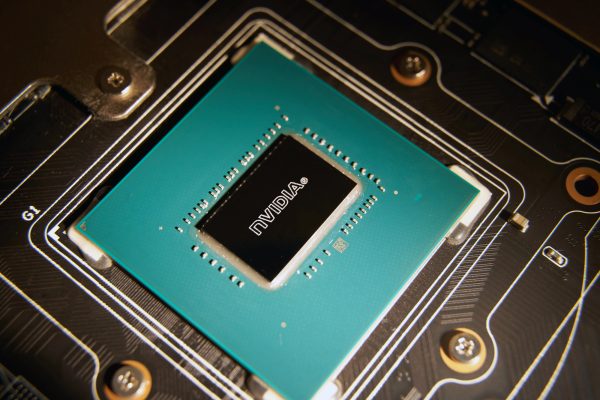
Malaysia to Tighten Chip Controls After Pressure From US, Report Says
- 25.03.2025 05:45
- thediplomat.com
- Keywords: AI, Semiconductors
Malaysia is tightening semiconductor regulations under U.S. pressure to prevent Nvidia chips from reaching China for AI development. The government formed a task force to monitor chip shipments and data centers amid concerns about diversion through third countries like Singapore.